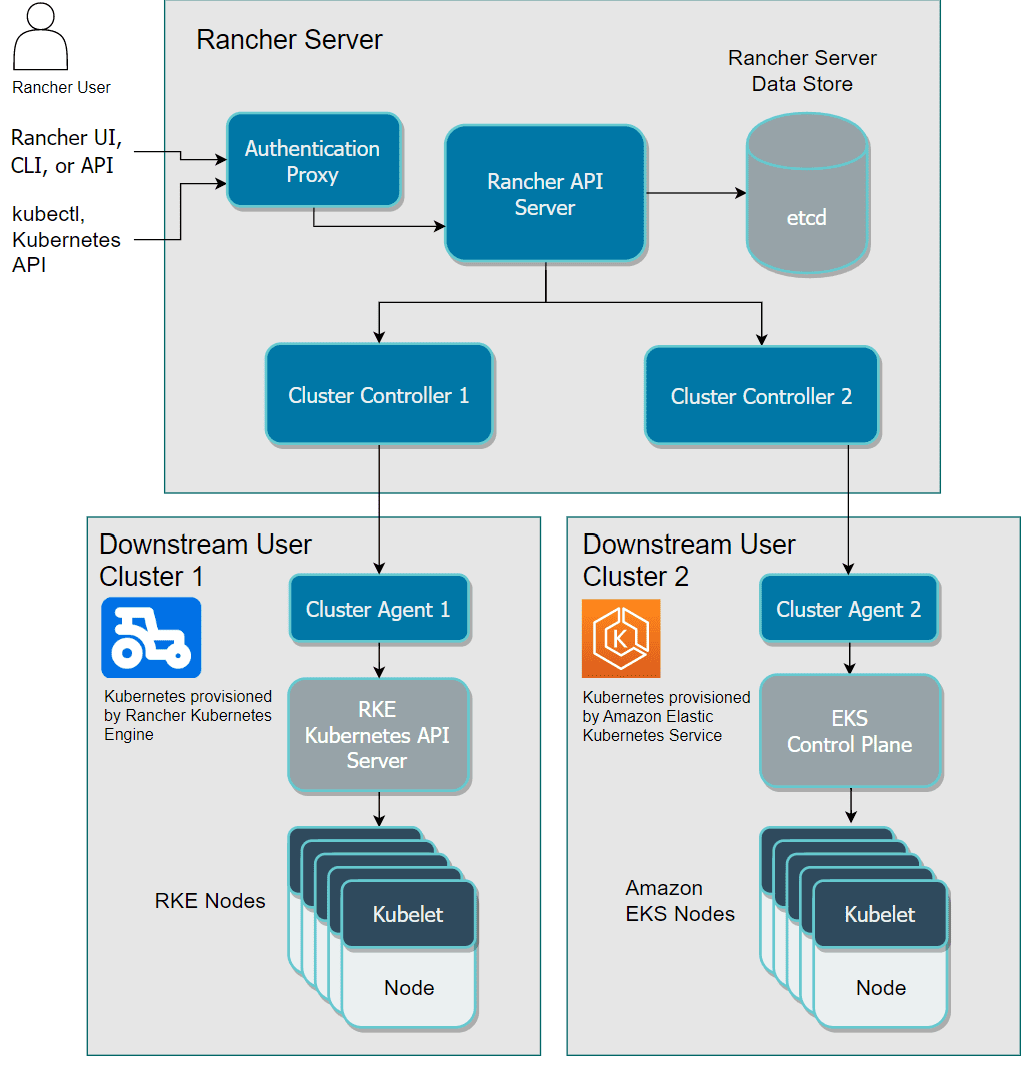CVE-2023-22651: Critical flaw affects Rancher open source container management platform

In the rapidly evolving world of containerization, Rancher has emerged as a popular open-source container management platform. It simplifies Kubernetes deployment and enables organizations to meet IT requirements while empowering DevOps teams. However, a recently discovered security vulnerability in the Rancher admission Webhook update logic has raised alarms.

The CVE-2023-22651 (CVSS score of 9.9) Vulnerability: Misconfiguration in Rancher’s Admission Webhook
The root of the issue lies in Rancher’s admission Webhook, a component responsible for enforcing validation rules and security checks before resources are admitted into the Kubernetes cluster. A failure in the update logic may lead to the misconfiguration of this crucial Webhook, which in turn impairs its validation capabilities.
The Consequences: Privilege Escalations and Data Corruption
With the Webhook operating in a degraded state, resources are no longer validated, opening the door for severe privilege escalations and data corruption. As a result, the security and integrity of the Kubernetes cluster are jeopardized.
Who’s Affected: Upgraded Rancher Users
Detecting the Issue: Identifying Affected Rancher Instances
To determine if your Rancher instance is affected, run the following command on the local cluster:
$ kubectl get validatingwebhookconfigurations.admissionregistration.k8s.io rancher.cattle.io
If the output displays a webhook quantity of 0, your Rancher instance is vulnerable:
rancher.cattle.io 0 19h
The Solution: Patches and Workarounds
The Rancher team has promptly released patches to address this vulnerability, with version 2.7.3 and later versions incorporating the necessary fixes.
For those unable to update to a patched version, a recommended workaround is to manually reconfigure the Webhook using the provided script. Note that the script must be run from inside the local cluster or with a kubeconfig pointing to the local cluster with admin permissions.





